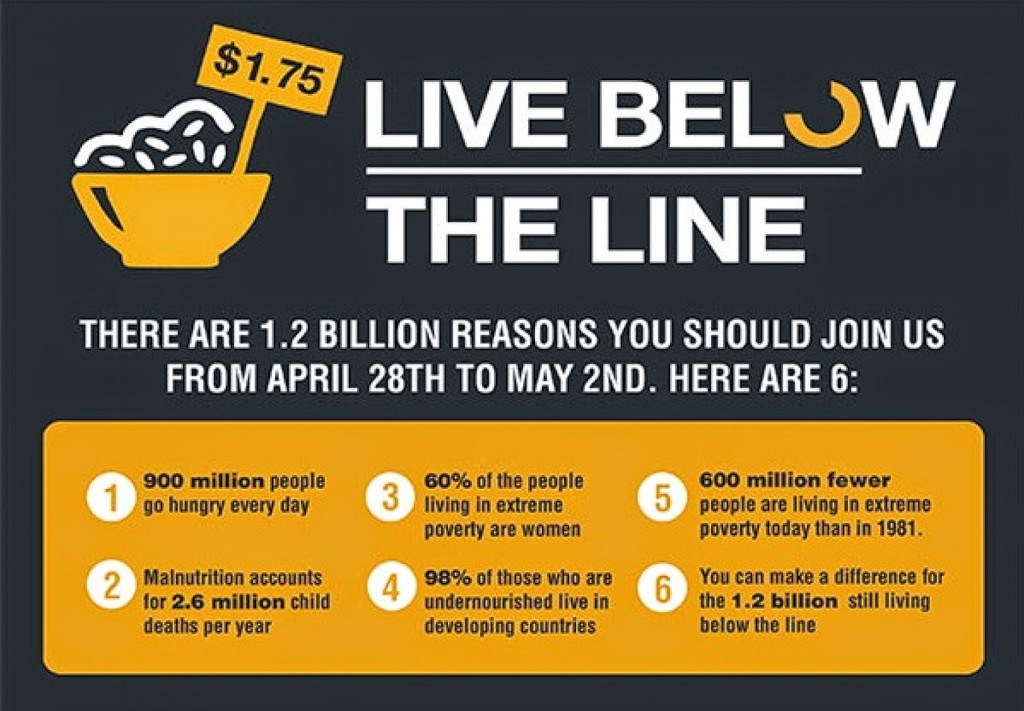
Gender bias in the workplace may not be breaking news, but its negative impact on mental health among powerful women might surprise you. A new study highlighted in Fast Company magazine suggests that women in high-ranking positions experience increased symptoms of depression. Lead author, sociologist Tetyana Pudrovska, describes the unexpected findings that came out of the WILLSHE project on the experiences of highly successful women:
What’s striking is that women with job authority in our study are advantaged in terms of most characteristics that are strong predictors of positive mental health. These women have more education, higher incomes, more prestigious occupations, and higher levels of job satisfaction and autonomy than women without job authority. Yet, they have worse mental health than lower-status women.
Men do not seem to suffer similar negative mental health consequences when in powerful occupations. Marianne Cooper, sociologist at the Clayman Institute for Gender Research at Stanford University, explains:
Women leaders are viewed as being less competent than men, they’re evaluated in performance reviews on personality traits while men are evaluated on accomplishments, and they’re interrupted more often during team meetings. The day-to-day interactions can become tiring to deal with—it’s like death by 10,000 paper cuts.









